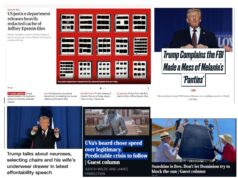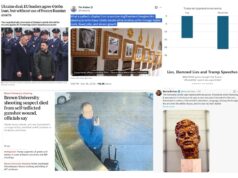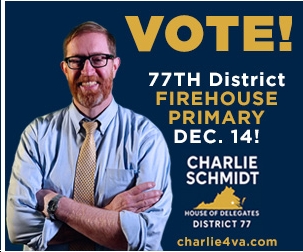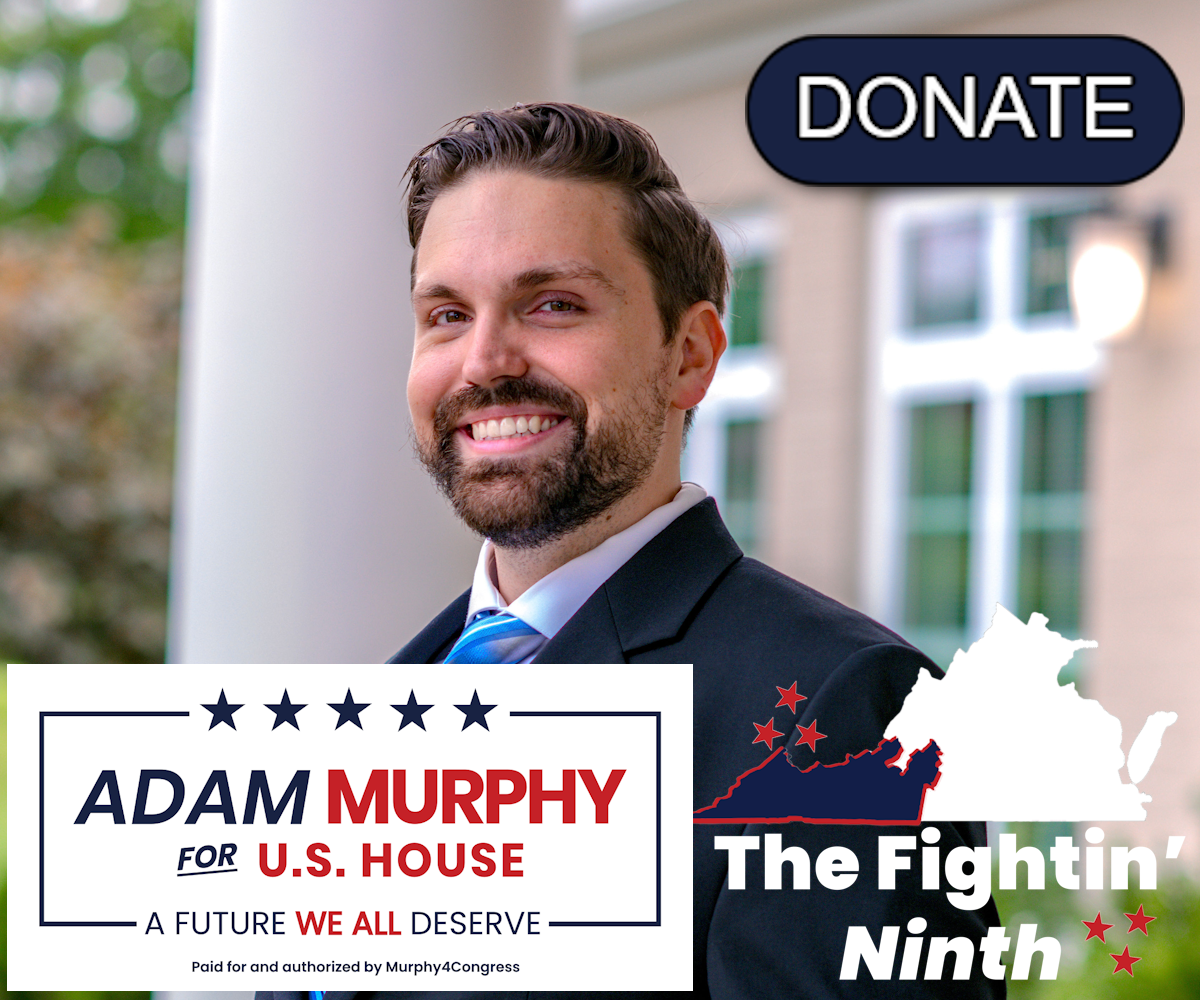From FWIW Virginia:
Online campaigns in the most competitive delegate races
Breaking down the spending + creative in must-win districts
|
|
Welcome to FWIW Virginia, where we analyze digital spending trends on both sides of the aisle in the 2021 Virginia statewide and legislative elections. Each week, we look at how campaigns are investing in digital engagement and the online tactics they use to reach voters across the Commonwealth. Was this email forwarded to you? Click here to subscribe.
Throughout most of the summer, delegate campaigns have been mostly quiet when it comes to digital advertising as they focus on building war chests for the final stretch of the election this fall. While the top of the ticket and outside groups have driven most of the digital ad spending in Virginia so far, several key delegate campaigns have started to ramp up their spending on Facebook + Google as they start to define themselves with voters.
Which campaigns are already accelerating their digital ad programs? And what tactics are they using to reach voters? We take a look in this week’s edition of FWIW Virginia. But first…
2021 by the Numbers
FWIW, here are the top 10 spenders specifically targeting Facebook users in Virginia last week.
As you can see, Glenn Youngkin is again the largest spender on Facebook targeting Virginians – with many of the same ads we covered in last week’s issue. Although McAuliffe typically spends more than his GOP rival on the platform, much of his ad dollars are targeted nationally for fundraising.
That dynamic is flipped when we look at Google and Youtube spending – as one of McAuliffe’s campaign strategies is to blanket the state with :15 and :30 second positive YouTube ads.
Zooming out nationally, here is how total digital ad spending (national and local targeting) on Facebook and Google stacked up this week in Virginia’s statewide races.
We’re also tracking cumulative digital ad spending across the state, including spending from candidates for statewide offices, competitive or potentially competitive Delegate races (any race under a 15 point margin in 2019), and partisan outside groups with spending specifically targeted at Virginia elections.
Must-win delegate races
It’s been a few weeks since we’ve checked in on individual delegate races, and with the dog days of summer coming to a close, we’re seeing digital spending starting up from more delegate campaigns than any previous week.
We’ve been tracking digital spending from every competitive or potentially competitive district in the commonwealth (any district decided by less than 15 points in 2019) – of those districts, here’s the top 10 delegate campaign spenders on Facebook and Google since the June 9th primary:
This list hasn’t changed too much since the last time we checked in, but one notable addition to the list is Del. Chris Hurst, whose campaign ramped up its digital spending in late July and hasn’t stopped. His campaign has quickly become the top spending delegate campaign on Facebook and Google in the entire commonwealth.
Hurst’s Blacksburg-based district is among the most competitive districts in the state and a must-win for the Virginia GOP to take back the House of Delegates. Hurst first won his seat in 2017, defeating incumbent Republican Del. Joseph Yost by 8.9 points in an excellent political environment for Democrats. Hurst also won re-election in 2019 against Forrest Hite, a weak Republican candidate who raised just over $100,000, but his margin of victory shrunk to just 7.2 points.
This cycle, however, Hurst has drawn a formidable Republican opponent in Jason Ballard, a local trial attorney, veteran, and town councilman. 2021 is likely to be Hurst’s closest race yet, and his campaign isn’t wasting any time using digital to reintroduce himself to voters and tout his accomplishments in the legislature, including his votes to expand Medicaid, improve teacher pay, and bring additional Amtrak service to the district.
Hurst’s digital spending appears to have forced Ballard’s campaign to go up on Facebook as well, launching his first ads earlier this week. So far, Ballard’s ads have focused on introducing himself to voters, highlighting his biography and some of his record as a Pearisburg council member, including his votes to fund local police.
With HD 12 being critical to both parties’ hopes of a House majority, expect paid digital spending to continue increasing as the campaign enters its closing stretch.
Another critical toss-up district for both parties is in HD 66, where House Speaker Kirk Cox pulled out a surprising 4.6 point win in 2019 after his district moved over 30 points to the left due to a court-ordered redistricting. Cox decided to forgo re-election to run for the GOP’s nomination for Governor, leaving an open seat contest for the district.
Both parties nominated Air Force veterans this cycle – Republicans nominated Mike Cherry, a pastor and Colonial Heights council member, while Democrats nominated Katie Sponsler, a Park Ranger for the NPS and progressive activist. Both candidates have been roughly even in the money race through the most recent June 30th finance report, but Cherry has pulled ahead in digital ad spending, consistently airing digital ads on Facebook + Google to introduce himself to voters while Sponsler has yet to air a digital ad.
Cherry ran in the GOP primary as a culture war Christian conservative and some of his Facebook ads still use similar language, but his video ads are tailor-made to soften that image. His full 30 second ad features him as the head administrator of Pre K-12 Christian Life Academy, touting his votes on the town council to fund public schools and his support for law enforcement.
Cherry’s ads are some of the strongest we’ve seen from delegate candidates this cycle – Sponsler’s saving grace is that Cherry’s digital ad spending hasn’t been super eye-popping as of yet, but it’d be a mistake to let Cherry continue to define himself uncontested on Facebook + Google.
Also among Republicans’ must-win districts this year are a pair of swing districts based in Virginia Beach, where Dels. Nancy Guy and Alex Askew are running for re-election after winning narrow victories in 2019.
Guy represents HD 83, which moved 12 points to the left after the court-ordered redraw in 2019, and defeated GOP incumbent Chris Stolle by just 27 votes in 2019. Democrats caught a break when Stolle lost this year’s GOP primary to Tim Anderson by 24 votes (talk about bad luck!), a far more conservative candidate.
Guy has outraised Anderson by over 2.5 to 1 as of the June 30th finance report, but Anderson has been relentless on Facebook ad spending, spending over 10 times as much as Guy. That said, we’ve covered Anderson’s Facebook ads in previous editions, and it’s not necessarily clear that they’re all that productive for his campaign. Most of his ads appear to be self-produced and extremely text-heavy – not a best practice in a format where users scroll by ads in 1-2 seconds.
Guy, on the other hand, hasn’t spent nearly as much as Anderson on digital ads, but they’re far better optimized for social media. Her campaign’s most recent ads tout her bipartisan record and vote to cap the price of insulin in Virginia.
Meanwhile, in the neighboring HD 85, Del. Alex Askew is running for a second term against GOP nominee Karen Greenhalgh. Askew won the seat in 2019 by 3.5 points against former GOP Del. Rocky Holcomb after the Democratic incumbent opted to run for the area’s State Senate seat. Askew has a 3 to 1 fundraising advantage over Greenhalgh as of the June 30th filing report and recently launched his first digital ads of the cycle.
Like most of the Democratic incumbents we’ve seen across the commonwealth, Askew’s first digital ads highlight his accomplishments in the legislature, touting his votes to cap the price of insulin and protect people with pre-existing conditions.
Greenhalgh, on the other hand, has been spending small amounts of money on digital ads throughout the summer, running the gamut from culture war to kitchen table issues. In late July, Greenhalgh ran a Willie Horton-esque ad attacking the decisions of the state’s parole board, and earlier in August claimed she would stand up to Critical Race Theory, a manufactured controversy that Republicans across the state are trying to run against.
The summer is usually a slow time for digital ad spending, especially for delegate campaigns focused on raising money for an expensive fall campaign. However, with the summer at a close and Labor Day approaching, we expect digital ad spending from campaigns at every level to continue to grow.
Thanks for reading this week’s FWIW Virginia! We’re so excited to be back following these critical elections in the Commonwealth. If you enjoy reading this type of content each week, we hope you’ll support our work by clicking share and tweeting out this newsletter below! As always, email us with ideas of what you’d like us to dive into next.
You can also sign up to receive our national newsletter, FWIW, here.




























![Video: Sen. Tim Kaine on “Meet the Press” Says DoJ Not Complying with the Law on Release of ALL the Epstein Files, But Argues “I think [impeachment/contempt for DoJ officials is] premature”](https://bluevirginia.us/wp-content/uploads/2025/12/kainemtp1221-100x75.jpg)

![Video: Rep. James Walkinshaw (D-VA11) Says “It’s enormously frustrating,” as “the law is clear…the full files were supposed to be released [yesterday] and the Trump administration is not in compliance with that law”](https://bluevirginia.us/wp-content/uploads/2025/12/walk1219-100x75.jpg)